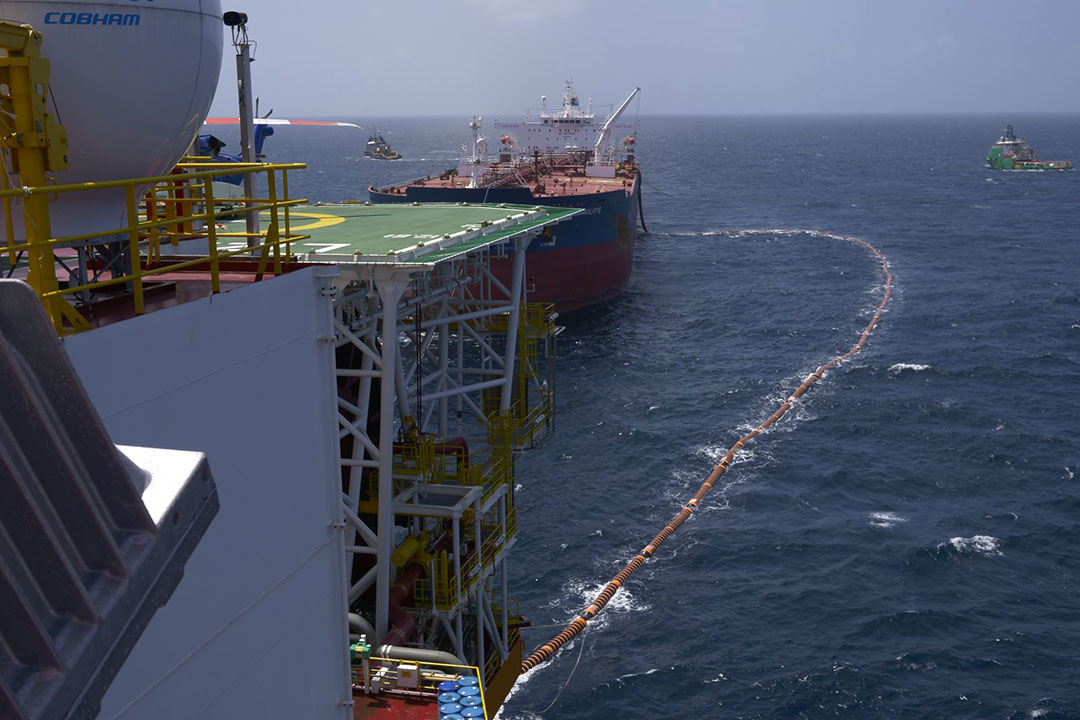The Guyana National Bureau of Standards (GNBS), through its Oil and Gas Department, has been monitoring the transfer of Guyana’s crude from the Liza Destiny FPSO oil platform to oil tankers.
In a statement, the GNBS noted that as the national metrology institution with legislative responsibilities for ensuring the accuracy of weighing and measuring devices in all sectors of the economy, the organisation plays an important role in the oil and gas industry and has since established an Oil and Gas Department.
The Department consists of nine inspectors who are responsible for monitoring the transfer of Guyana’s crude from the Floating Production Storage and Offloading (FPSO) vessel offshore. They are tasked with ensuring the measuring instruments used in the transfer and testing of the crude are calibrated and accurate since inaccurate measurements can affect payments for the commodity.
The statement said that the inspectors were required to undergo stringent training locally and overseas. They were trained to competently witness the proving/verification of the custody transfer meters used on FPSO vessels.
In addition, the inspectors last completed an advanced Petroleum Measurement Course offered by the University of Texas at Austin, Petroleum Extension (PETEX) that was customized specifically for the GNBS last month.
Inspectors are required to spend 28 to 32 days offshore on a rotation basis. In addition to verifying the custody transfer meters and pressure gauges during the transfer of crude from the FPSO to the various oil tankers, the inspectors inspect storage tanks before and after every transfer, and witness the composite sampling and testing of crude oil to determine the API gravity, density, salt content, H2S (Hydrogen Sulphide) and the amount of sediment and water in the crude. This by extension determines the net volume transferred to the cargo tanker.
“As a new oil-producing nation, it is important for state agencies with responsibilities for oil and gas to build capacity to effectively monitor the sector which inevitably will ensure the country receives value for its resources,” the statement added.
The GNBS said that the organization will increase its human resources and other capacities to serve on the other FPSO vessels. It will also be developing its capacity in Gas measurement in the near future, as the government pursues the gas-to-shore project.
The GNBS Oil and Gas Department functions in collaboration with the Ministry of Natural Resources and other Government Agencies including the Guyana Revenue Authority (GRA).



